Home>Ideas and Tips>Smart Home Security: Beyond Traditional Alarm Systems
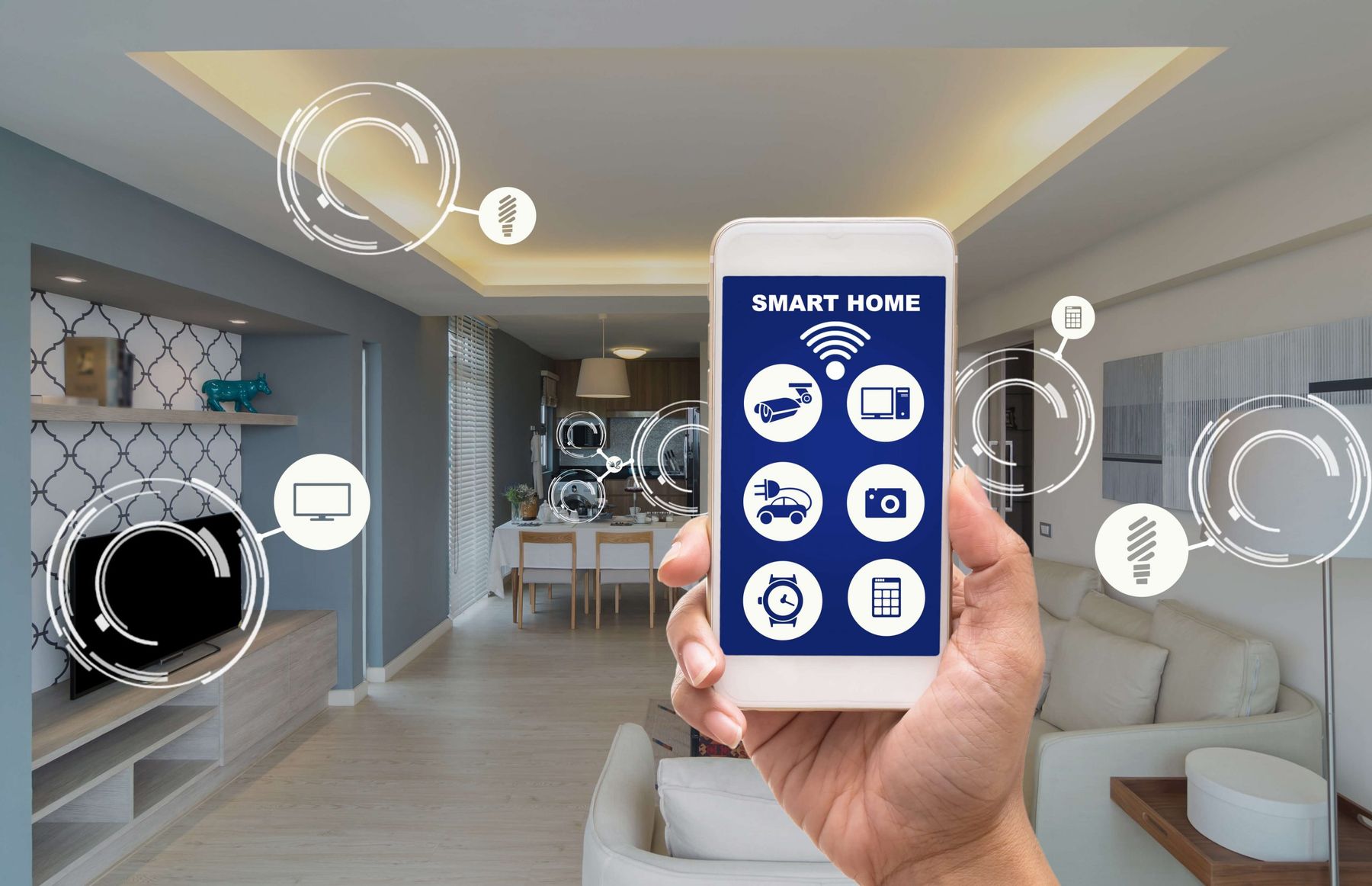

Ideas and Tips
Smart Home Security: Beyond Traditional Alarm Systems
Modified: November 1, 2024
Discover how smart home security devices like cameras, locks, and sensors offer advanced protection and peace of mind beyond traditional alarm systems.
(Many of the links in this article redirect to a specific reviewed product. Your purchase of these products through affiliate links helps to generate commission for Storables.com, at no extra cost. Learn more)
In today's interconnected world, home security has evolved significantly beyond the traditional locks and alarms of the past. The advent of smart home devices has revolutionized the way we protect our homes, offering innovative solutions that enhance security and provide peace of mind. This article will explore the various ways in which smart home devices are playing a pivotal role in bolstering home security, from smart cameras and locks to video doorbells and sensors.
The Evolution of Home Security
Home security used to rely heavily on physical barriers and basic alarm systems. While these methods worked to some extent, they often lacked the sophistication needed to deter modern threats. The introduction of smart home technology has transformed this landscape, integrating advanced features like real-time monitoring, remote access, and automated responses.
Smart home security systems are designed to be more than just deterrents; they are proactive measures aimed at preventing intrusions and ensuring the safety of homeowners and their properties. These systems leverage cutting-edge technology to provide comprehensive protection that is both convenient and effective.
Read more: What Is A Smart Home Security System
Smart Cameras: The Heart of Smart Home Security
Smart cameras are perhaps the most recognizable component of a smart home security system. These devices offer high-definition video recording, night vision, and motion detection. More advanced models can differentiate between humans, animals, and objects, reducing false alarms. They provide real-time alerts to homeowners' smartphones, allowing them to monitor their property from anywhere in the world.
The ability to monitor live footage remotely is a significant advantage of smart cameras. Homeowners can check on their property at any time to ensure that everything is secure. Additionally, many smart cameras come equipped with features like facial recognition and object detection, which enhance their ability to distinguish between legitimate and suspicious activity.
Smart Locks: Enhancing Access Control
Smart locks replace traditional keys with digital access methods such as keypads, fingerprint scanners, or smartphone apps. These locks offer enhanced control over who enters the home, allowing homeowners to grant temporary access to guests or service providers. Additionally, they can be integrated with other smart devices to automatically lock or unlock doors based on the homeowner’s location or specific triggers.
Smart locks provide an additional layer of security by allowing homeowners to manage user access permissions remotely. This feature is particularly useful for managing household members or service providers who may need temporary access. The activity logging features of smart locks also provide an audit trail, enabling users to track who has entered the home and at what time.
Video Doorbells: A Visible Deterrent
Video doorbells combine the functionality of a traditional doorbell with a video camera. They allow homeowners to see and communicate with visitors remotely via a smartphone app. This feature is particularly useful for identifying and deterring potential intruders. Many video doorbells also include motion detection and recording capabilities, adding an extra layer of security at the home’s entrance.
The visible presence of a video doorbell can act as a powerful deterrent to potential intruders. Knowing that a home is equipped with advanced surveillance and communication capabilities can discourage criminals from attempting a break-in. Additionally, video doorbells can prevent incidents by alerting homeowners to suspicious activity before it escalates.
Smart Sensors: Detecting Unauthorised Entry
Smart sensors, including motion detectors, window and door sensors, and glass break sensors, play a crucial role in detecting unauthorized entry. These devices can trigger alarms, send notifications, and even communicate with other smart devices to initiate a comprehensive security response, such as activating cameras or locking doors.
Smart sensors enhance the overall security of a home by providing real-time alerts about any suspicious activity. They can be integrated seamlessly with other smart devices to create a cohesive security network. For example, a triggered motion sensor can activate cameras, turn on lights, and lock doors simultaneously.
Smart Lighting: Simulating Occupancy
Smart lighting systems enhance security by simulating occupancy when the homeowners are away. These systems can be programmed to turn lights on and off at random intervals, deterring potential burglars. Some smart lights can also integrate with motion sensors to illuminate areas where movement is detected, increasing visibility and reducing hiding spots for intruders.
Smart lighting systems offer an additional layer of security by making it appear as though someone is home. This can be particularly effective in deterring burglars who often target unoccupied homes. The integration of smart lighting with motion sensors further enhances this feature by providing real-time illumination of suspicious activity.
Remote Monitoring and Control
One of the most significant advantages of smart home security devices is the ability to monitor and control them remotely. Homeowners can check live camera feeds, lock or unlock doors, and receive instant notifications of security breaches, all from their smartphones. This level of accessibility ensures that homeowners are always aware of their home’s security status, no matter where they are.
Remote monitoring and control are key features of smart home security systems. These capabilities allow homeowners to stay connected to their property at all times, ensuring that they are alerted immediately in case of any security breaches. The integration of these features with other smart devices further enhances the overall security experience.
Integration and Automation
Smart home devices can be integrated into a comprehensive security system, allowing for automation and synchronization. For example, a triggered motion sensor can activate cameras, turn on lights, and lock doors simultaneously. This integrated approach enhances the effectiveness of each device, creating a robust security network.
The seamless integration of smart home devices is a significant advantage of modern security systems. By connecting various devices such as cameras, locks, sensors, and lighting systems, homeowners can create a cohesive ecosystem that provides comprehensive protection. This holistic approach allows for automated actions that enhance the overall security measures in the home.
Deterrence and Prevention
The visible presence of smart security devices can act as a powerful deterrent to potential intruders. Knowing that a home is equipped with advanced surveillance and alarm systems can discourage criminals from attempting a break-in. Additionally, smart devices can prevent incidents by alerting homeowners to suspicious activity before it escalates.
Smart home security devices are designed not only to respond to threats but also to prevent them from occurring in the first place. The visible presence of these devices can deter potential intruders, while the real-time alerts and notifications ensure that homeowners are always aware of any suspicious activity.
Enhanced Emergency Response
In the event of an emergency, smart home devices can facilitate a quicker and more coordinated response. Many systems can automatically contact emergency services, provide real-time video feeds to first responders, and guide homeowners through emergency protocols. This immediate response capability can be critical in mitigating damage and ensuring safety.
Smart home security systems are equipped with features that enhance emergency response times. By automatically contacting emergency services and providing real-time video feeds, these systems can help first responders to respond more effectively. Additionally, the guided emergency protocols ensure that homeowners know exactly what steps to take in case of an emergency.
Benefits of Smart Home Security
Smart home security devices offer numerous benefits compared to traditional security systems. These include:
- Remote Monitoring: The ability to monitor live footage from anywhere using smartphones or other connected devices.
- Real-Time Alerts: Immediate notifications about any suspicious activity or unauthorized access attempts.
- Automation: Seamless integration with other smart devices to create a cohesive security network.
- Enhanced Deterrence: The visible presence of smart security devices can deter potential intruders.
- Comprehensive Protection: Integration with various devices such as cameras, locks, sensors, and lighting systems provides more comprehensive protection.
- Peace of Mind: Knowing that their homes are well-protected and monitored gives users peace of mind, even when they are away.
Key Differences Between Traditional and Smart Home Security Systems
The key differences between traditional and smart home security systems lie in their connectivity and automation features:
- Connectivity: Smart home security systems use internet connectivity for real-time monitoring and control.
- Automation: These systems offer advanced automation features that allow for seamless integration with other smart devices.
- Monitoring and Control: Smart alarms provide customizable settings and remote access options, enhancing user experience.
- Integration: Smart home security systems can integrate with various smart devices like doorbells, locks, sensors, and lighting systems.
Choosing the Right Smart Home Security System
When choosing a smart home security system, it is important to consider several factors:
- Specific Needs: Determine what specific security features are required based on the homeowner's needs.
- Budget: Assess the budget for the system and consider both upfront costs and ongoing expenses.
- Ease of Installation: Consider whether the system is easy to install or if professional installation is required.
- Integration Capabilities: Ensure that the system can integrate with other smart devices already in use.
- Customer Support: Evaluate the level of customer support provided by the manufacturer.
Conclusion
Smart home security devices have revolutionized the way we protect our homes by offering advanced features such as real-time monitoring, remote access, and automated responses. From smart cameras and locks to video doorbells and sensors, these devices provide comprehensive protection that is both convenient and effective.
By integrating these devices into a cohesive security network, homeowners can create a robust security system that enhances their peace of mind while they are away from home. The future of home security looks promising with advancements in artificial intelligence and machine learning poised to further enhance these systems.
In conclusion, smart home security is not just about replacing traditional alarm systems; it is about creating an intelligent ecosystem that safeguards your property and loved ones. By embracing this technology, homeowners can enjoy unparalleled protection and convenience in their homes.
References
- The Role of Smart Home Devices In Enhancing Security by Meridian Security Leeds (2024-06-25)
- Advancing Home Security: Embracing Home Automation to Strengthen Protection by Sure Lock & Key
- Smart Home Security: How Technology is Revolutionizing Home Protection by Construction HQ (2024)
- Upgrade Your Safety: Choose Smart Home Security Systems by Your Security Connection (2024)
- Evolution of Home Security from Traditional to Smart Lock Systems by Zuper (2024-06-26)
By understanding and leveraging these advanced features, homeowners can upgrade their safety and peace of mind in ways that were previously unimaginable.
Was this page helpful?
At Storables.com, we guarantee accurate and reliable information. Our content, validated by Expert Board Contributors, is crafted following stringent Editorial Policies. We're committed to providing you with well-researched, expert-backed insights for all your informational needs.
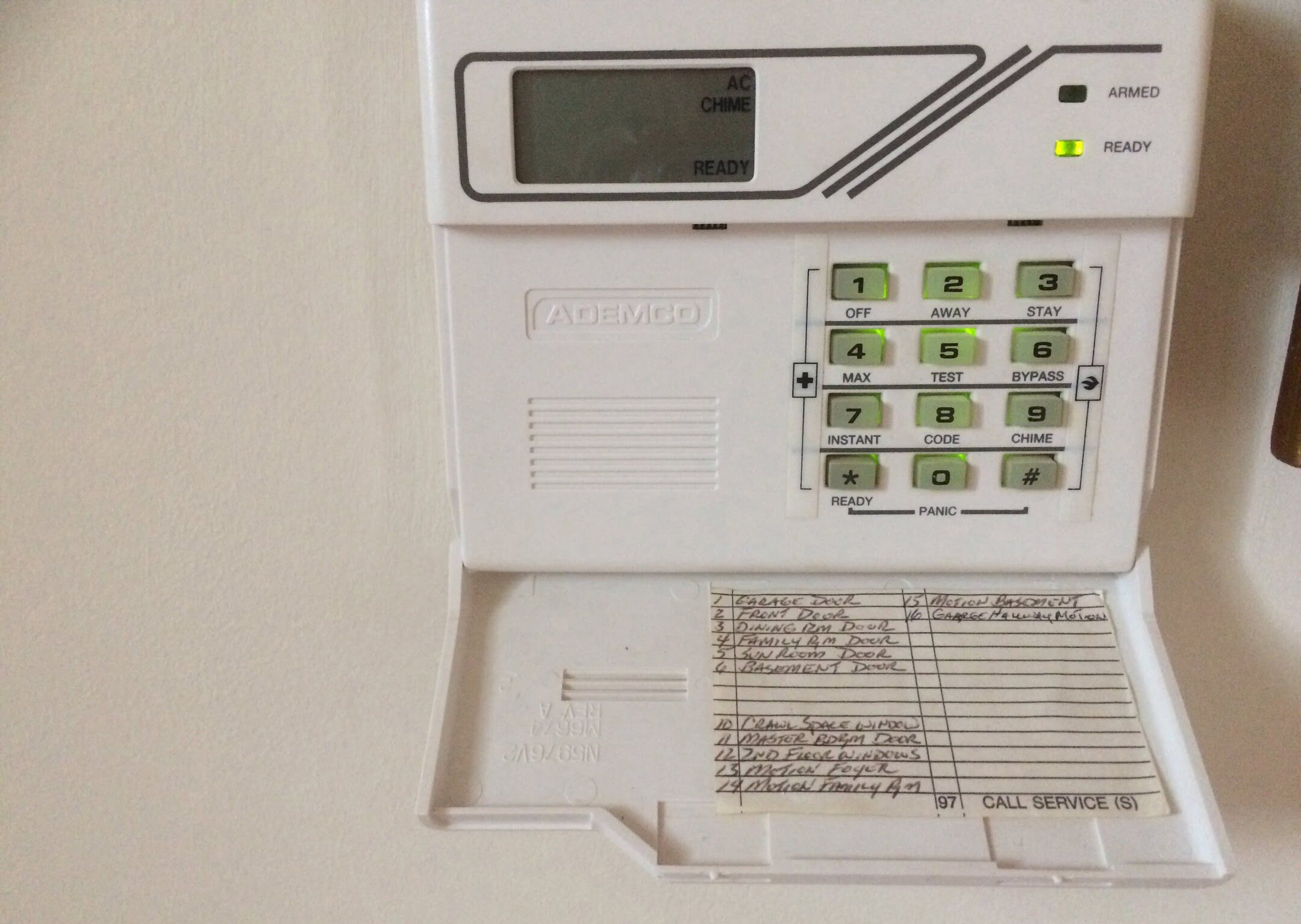
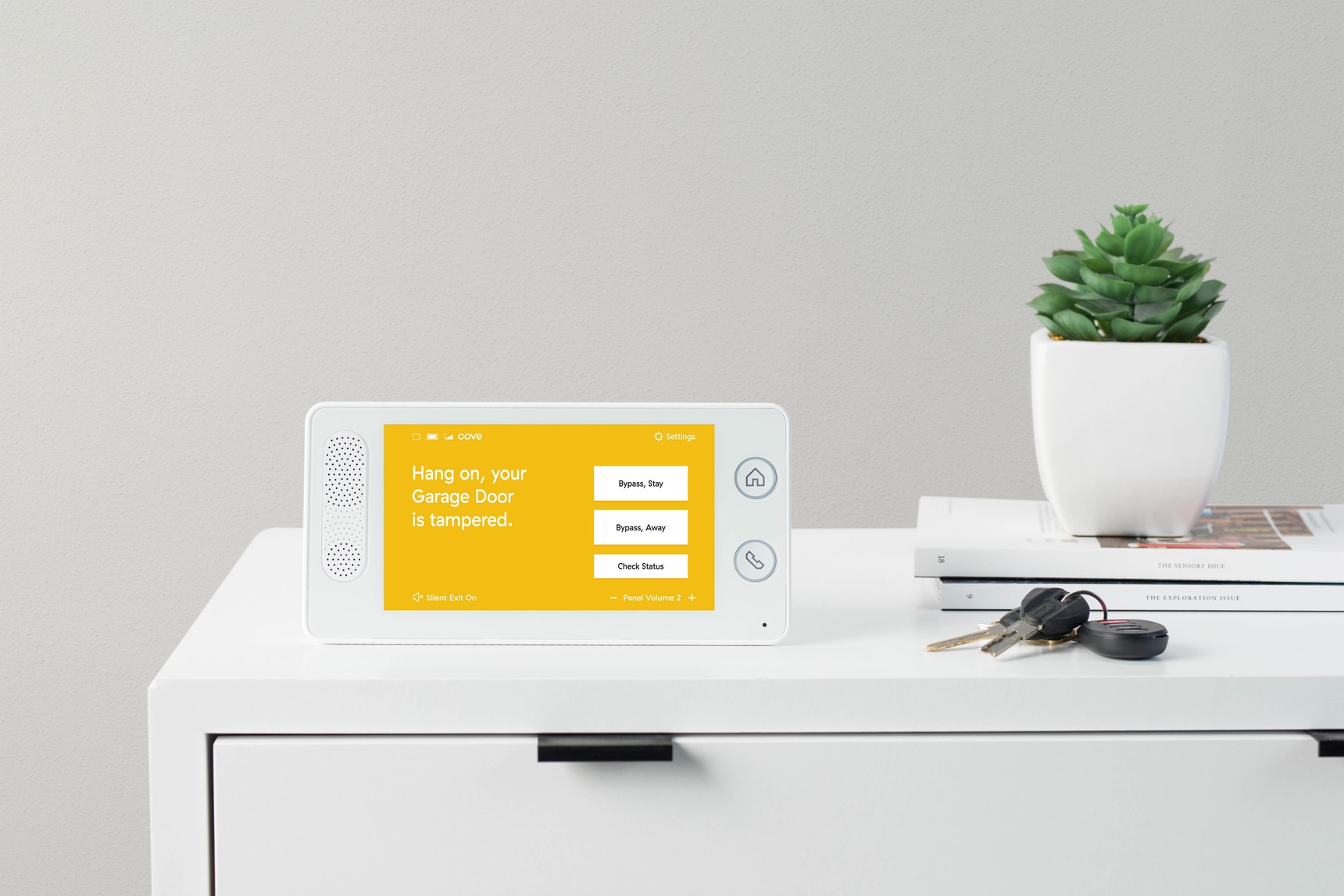
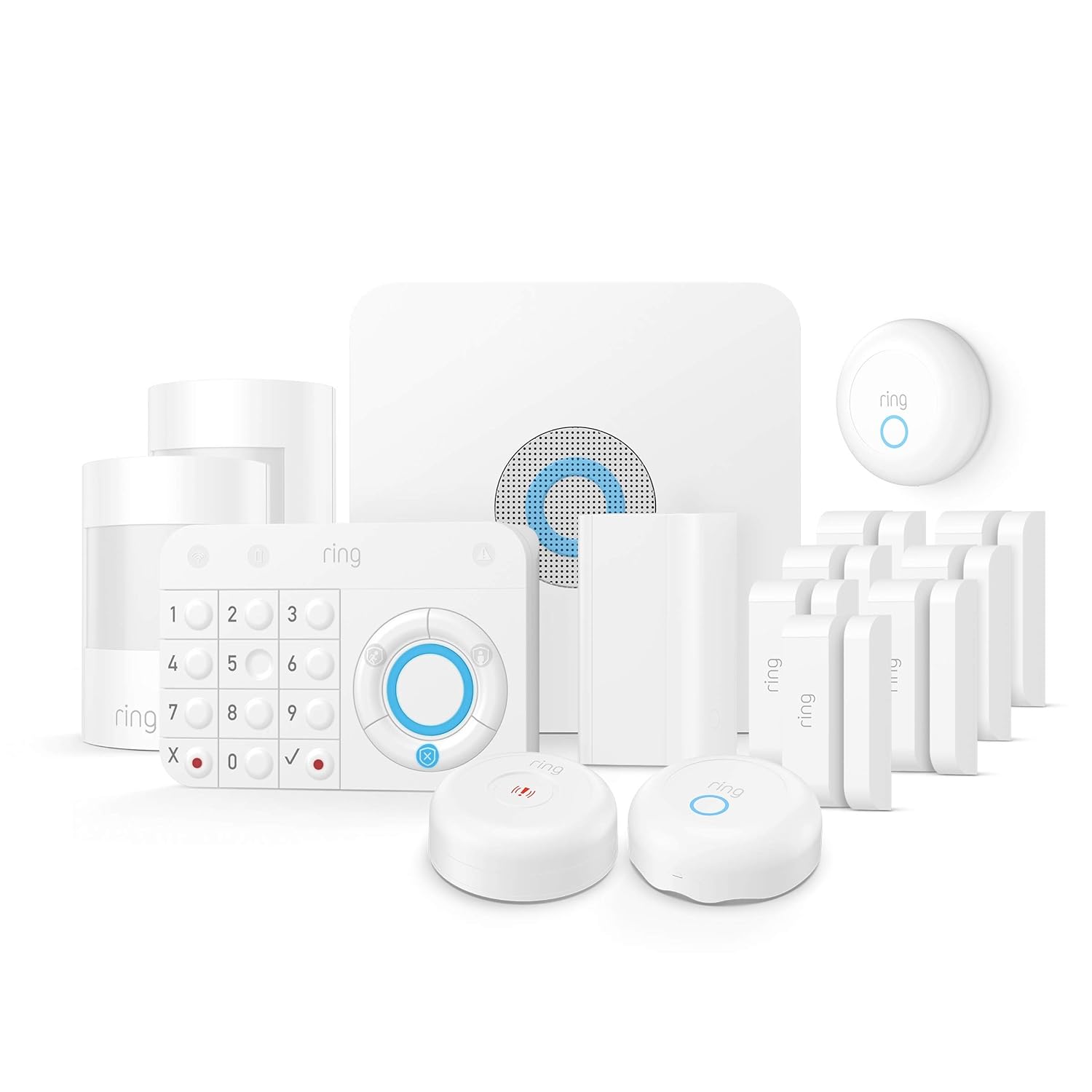
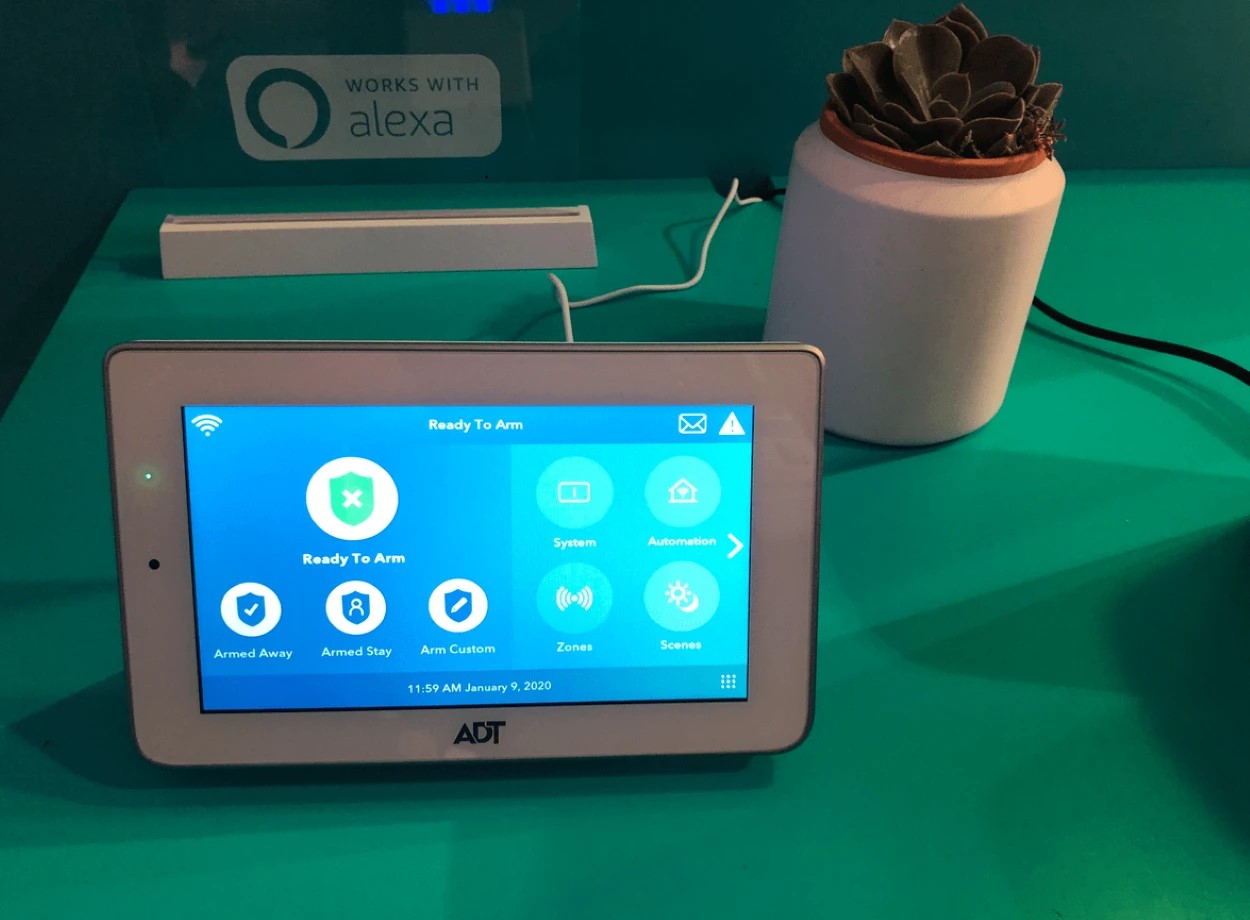
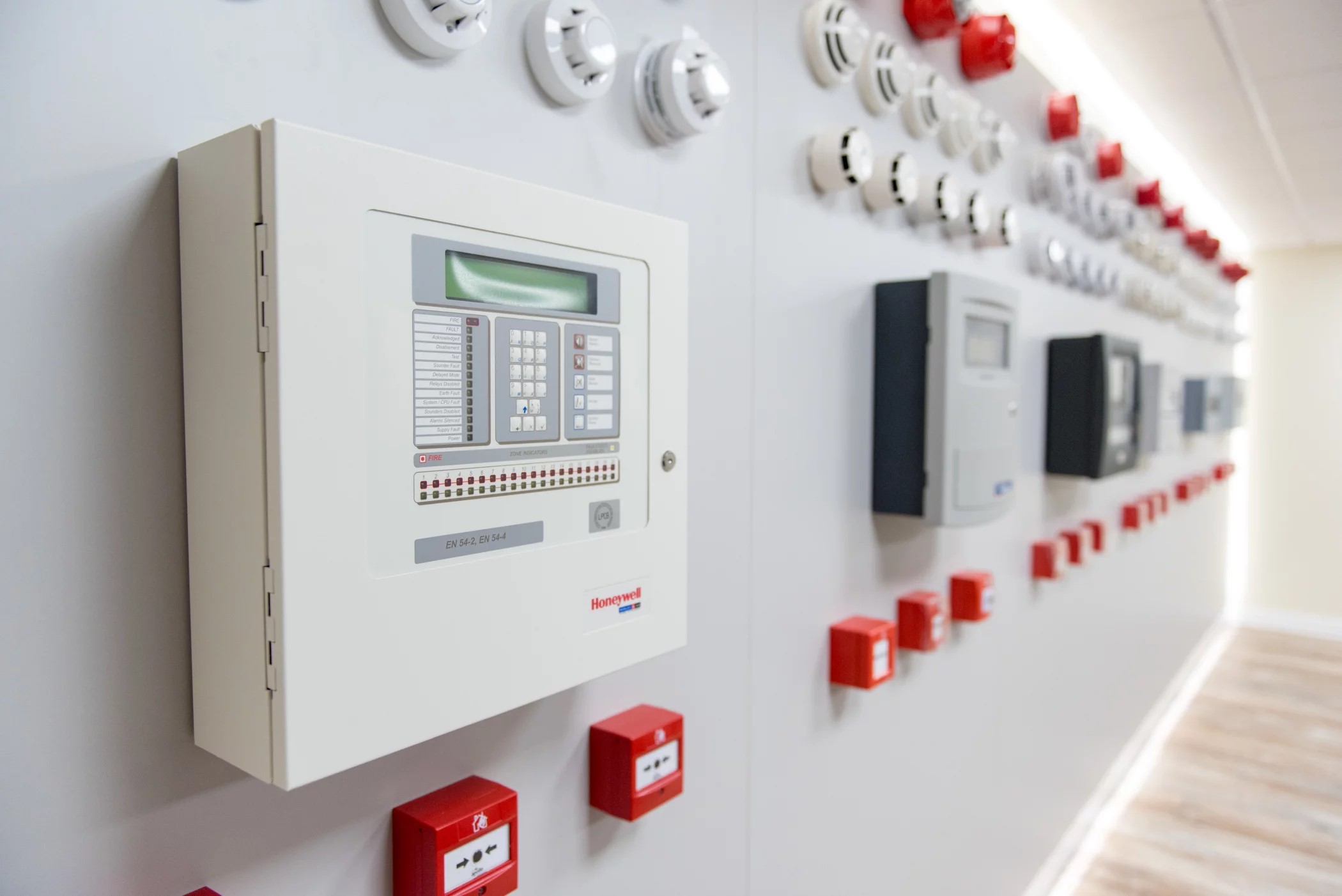
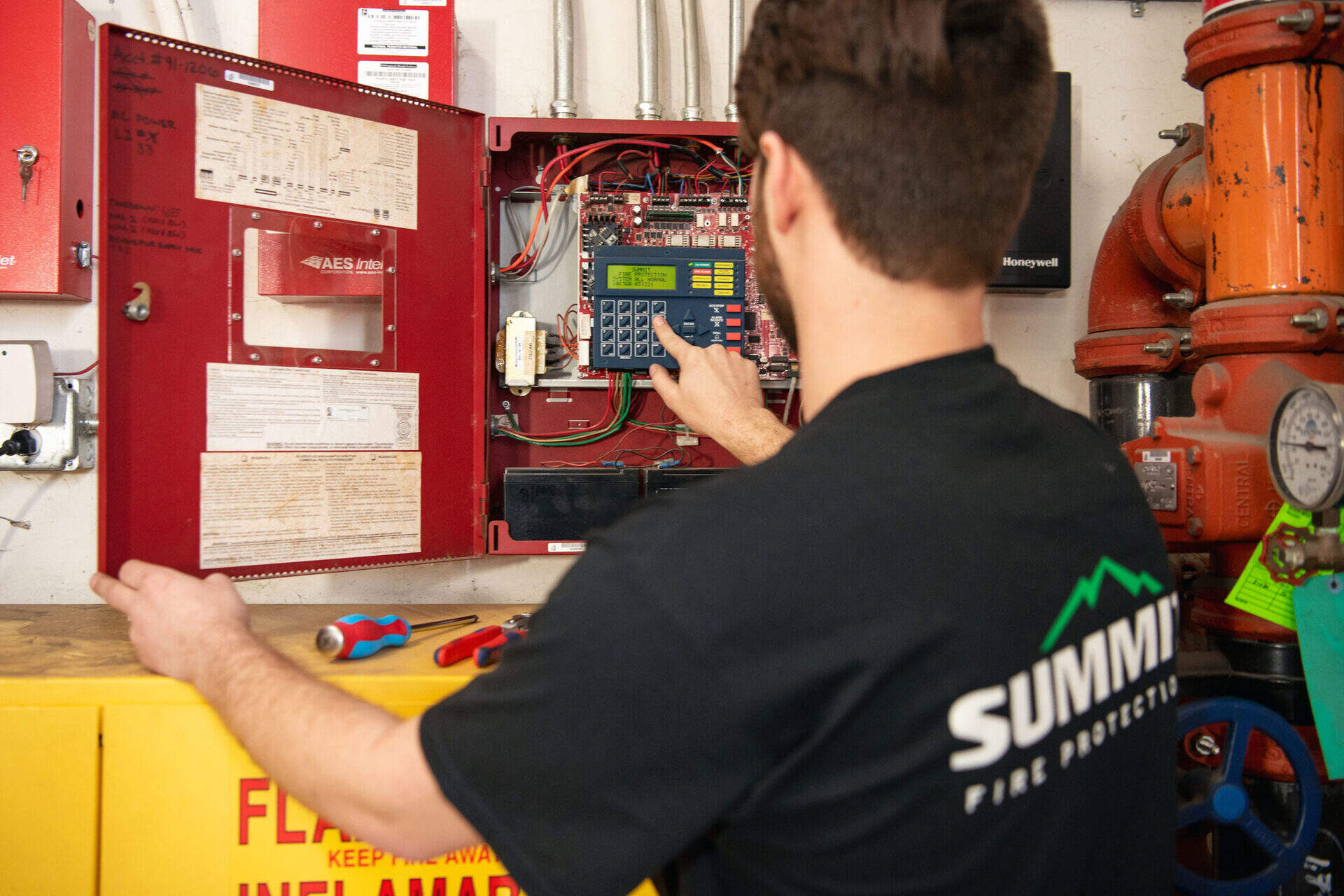
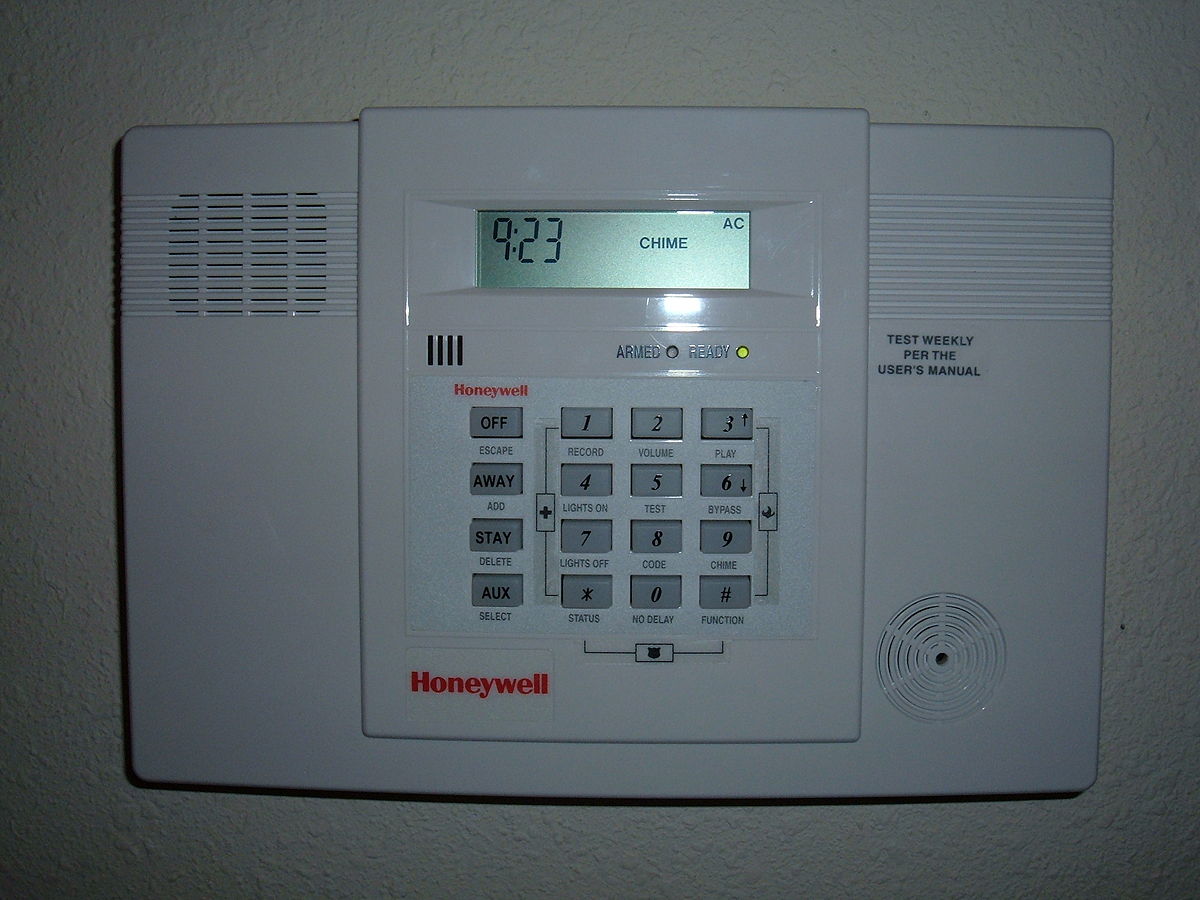
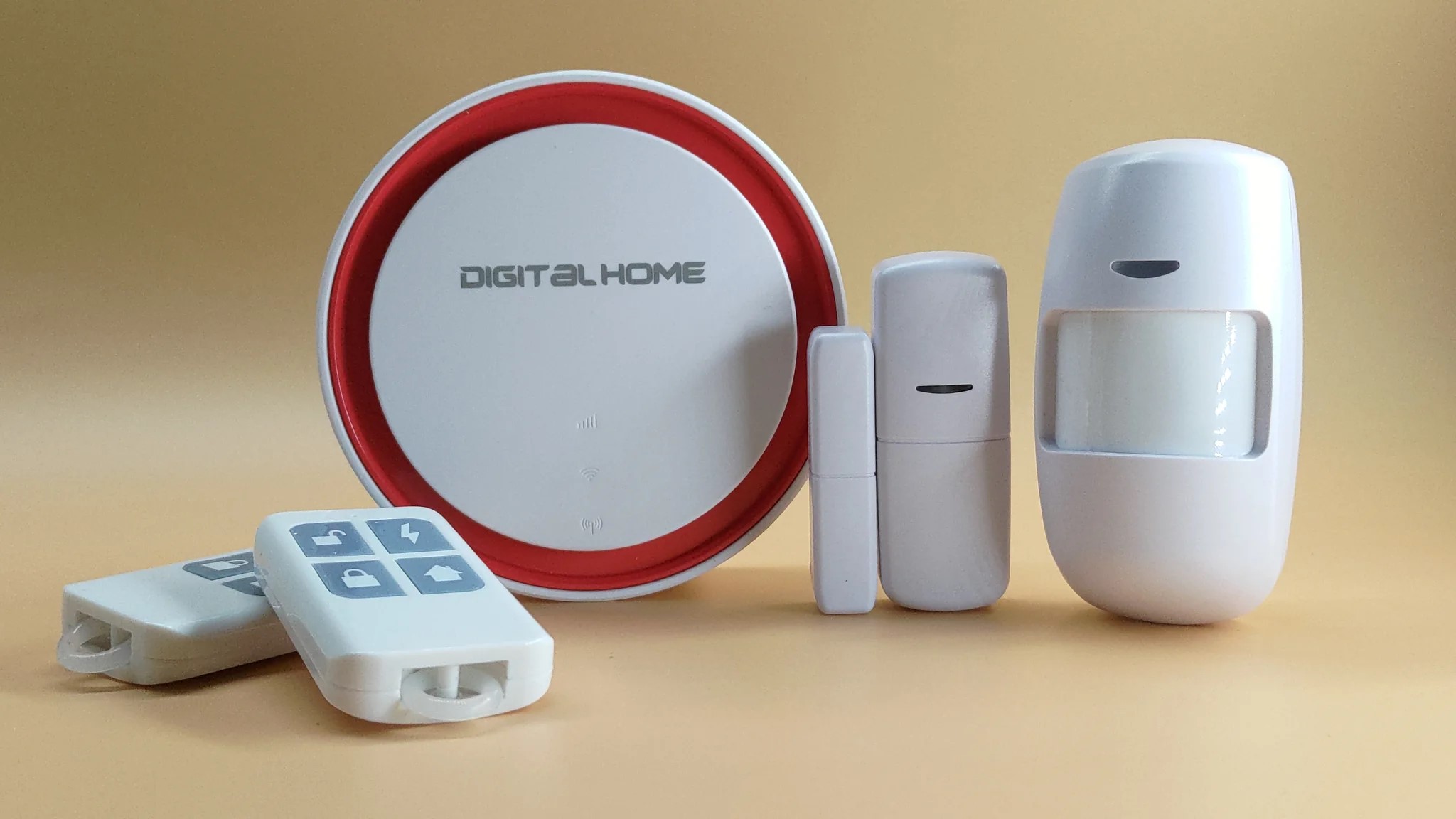
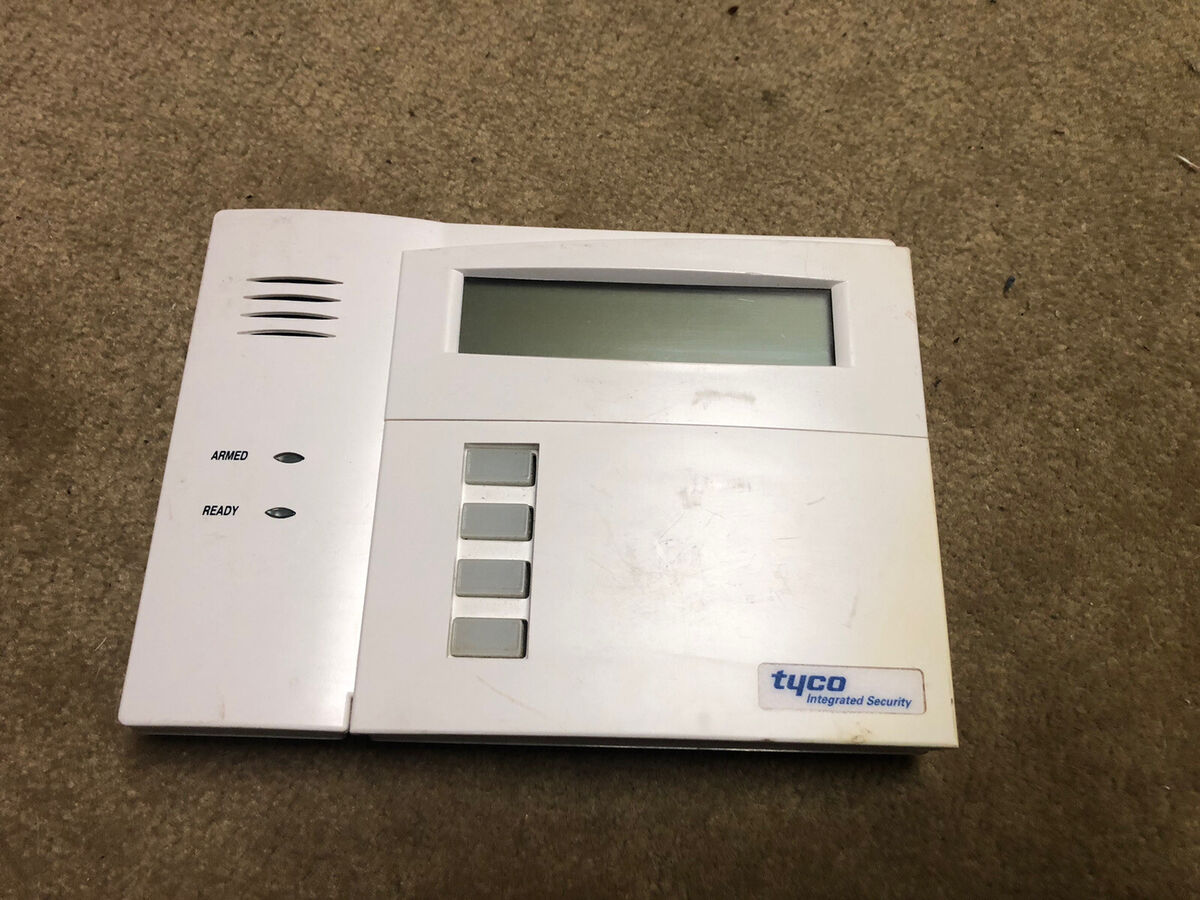

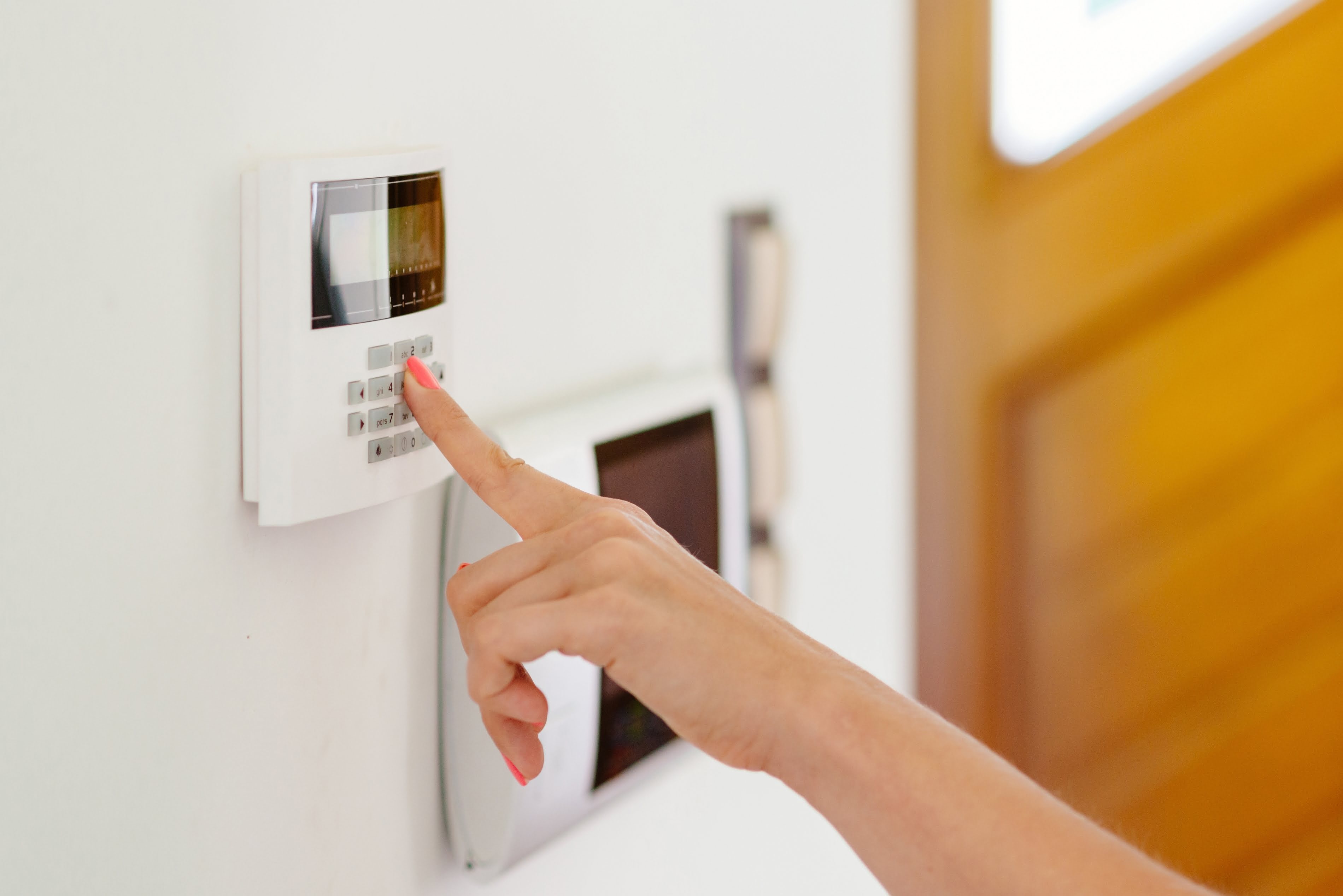
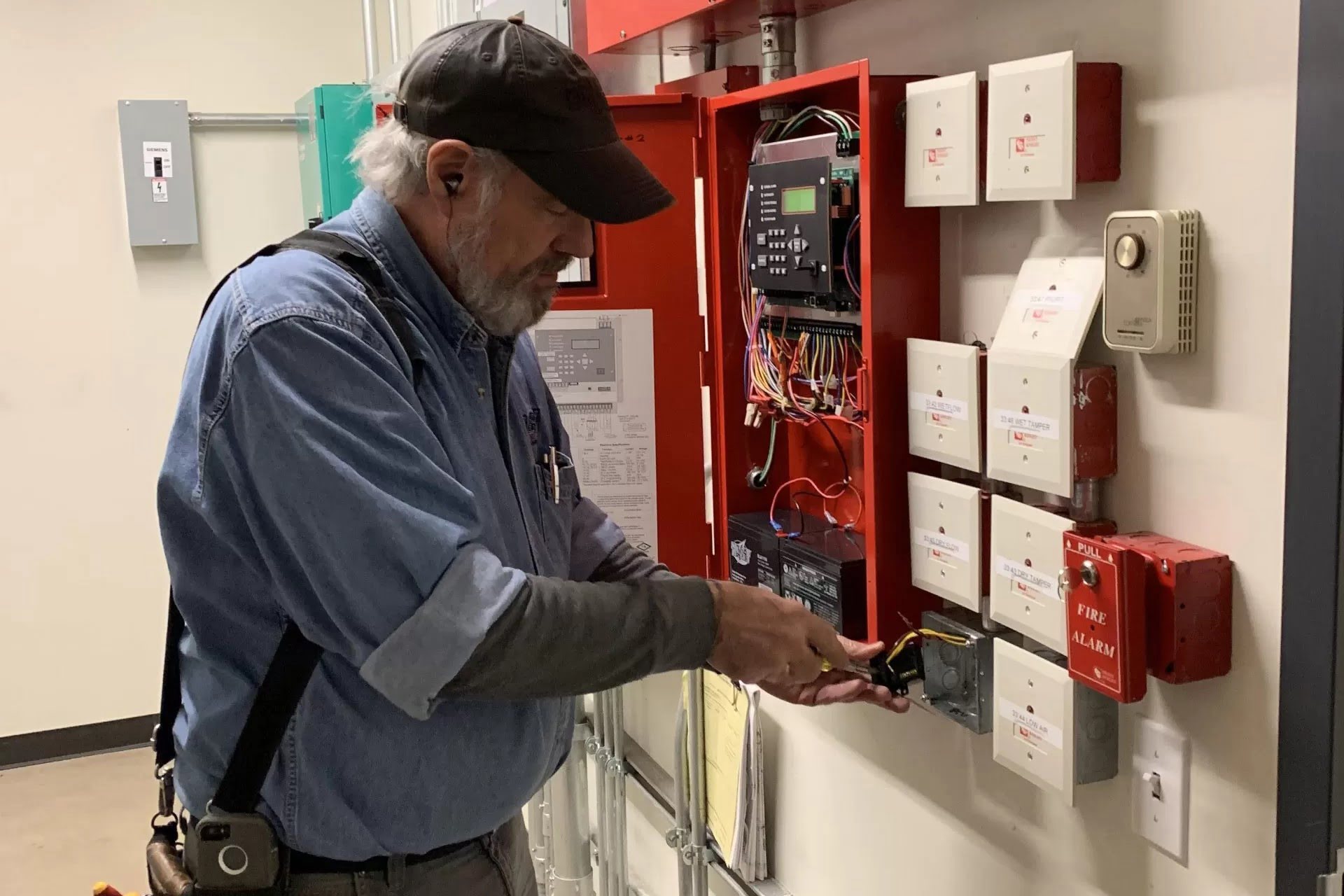

0 thoughts on “Smart Home Security: Beyond Traditional Alarm Systems”